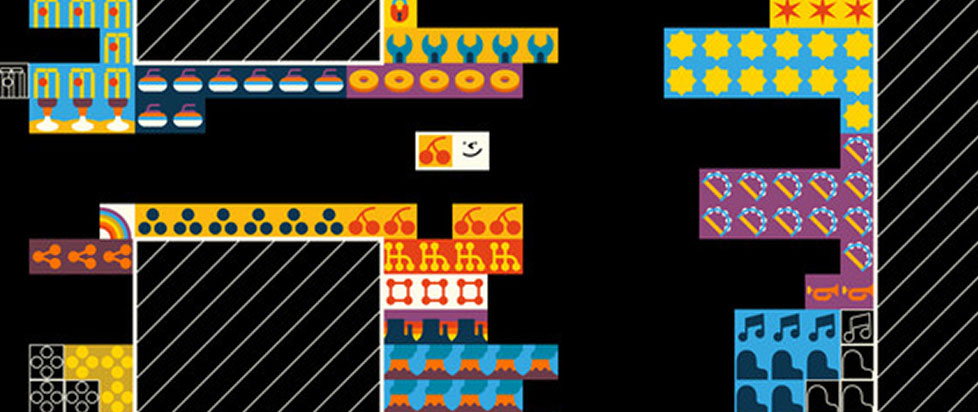
The Joy of Labor in Wilmot’s Warehouse
Games require labor to operate. That’s the logical conclusion one can come to when you look at how games are structured – full of to-do lists, fetch quests, and general results-driven tasks and goals. Untitled Goose Game proved this to be true by building the flow of being an annoying goose around a literal to-do list where you poke and prod at the environment until you’ve accomplished your goals. In the end, you do the job of an annoying goose as envisioned by a human developer. So if play is labor, then why do we continue to do it? That question is only meaningful if you assume labor is inherently a bad thing. In fact, labor is the spark which lets enjoyment, creativity, and meaning burn, and you need only look at Wilmot’s Warehouse, a game that simulates a work environment, to see how joy can be derived from work.
Like Untitled Goose Game, Wilmot’s Warehouse builds on a deceptively simple concept. You play as a square warehouse worker who periodically is delivered different goods. Of these goods, the titular Wilmot will have to find and deliver specific ones to his coworkers. The gameplay loop could not be simpler: Get specific items from Point A to Point B. But there’s an implicit wrinkle in the loop: Your delivery phases are timed, and stars are awarded based on how fast you are. Because of this, you can’t just let the deliveries lie where they are and hope for the best if you want to do well. You must organize them in a way that lets you find exactly what you need quickly. Within this sorting is the core of the game, and a realization occurs as you play: This is work passed off as play, but without the pretense. The game is thematically about working a job, and the gameplay delivers on that promise.
A misnomer exists in the collective unconsciousness that labor automatically means drudgery when that just isn’t the case, and Wilmot’s Warehouse is the proof of that. Yes, the things you’re doing in the game are repeatable actions that iterate on themselves in ways that appear monotonous on paper. But there’s something about the labor of sorting that just lights up our brains. We’re conditioned to find patterns in the world, which in turn makes us feel like we’re making sense of it. Wilmot’s Warehouse is a perfect game for that, especially with its little touches. When you move a good and place it next to other goods, they all light up for a second, which I would like to think is in unison with how your brain lights up as you’ve sorted one more thing.
Accomplishment as a source of joy cannot be underestimated. Seeing something to completion is a small victory, and you encounter them every time you work, like it or not. You also get that in games, which is why the tasks you need to accomplish end up feeling like a glorified checklist. Achievements became popular for a reason. In Wilmot’s Warehouse, you’re constantly getting these small victories as you rush to grab the required goods in approximately two minute bursts. The key to accomplishment and victories is that you feel like you’re moving forward, and Wilmot’s Warehouse lets you do that on multiple fronts: Each work day is a little win, and every new delivery you sort means your warehouse is developing into something bigger and bigger.
Even better is the ability to leave your own stamp on your work. In the end, we all want to leave a mark on the world, however small, and we often find that in our work. Wilmot’s Warehouse lets you do this by unleashing your creativity on the titular warehouse through your sorting efforts. The implicit sorting you must do to stand any chance of succeeding isn’t dictated by anything but your own methods. That means you can group items however you want, whether its by type, color, whatever. What you’re left with is a construction of your own making, a work empire that you can take pride in.
That’s not to say that work is inherently fun. The fact that the word “drudgery” exists is proof enough of that. But the act of putting effort into something and getting back enjoyment is what gets us through even the worst jobs. Finding patterns in the chaos and putting them in order gives us the illusion of control over our destinies. That illusion is what games are built on, owing a debt to actual labor. Yes, play is labor. But as Wilmot’s Warehouse shows us, labor can also be play.





